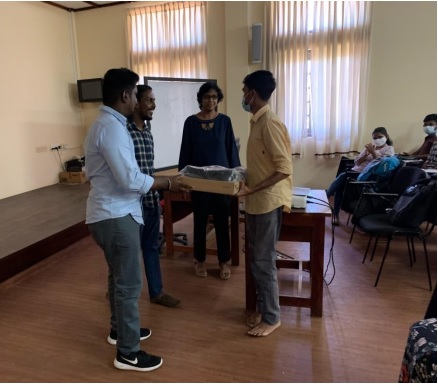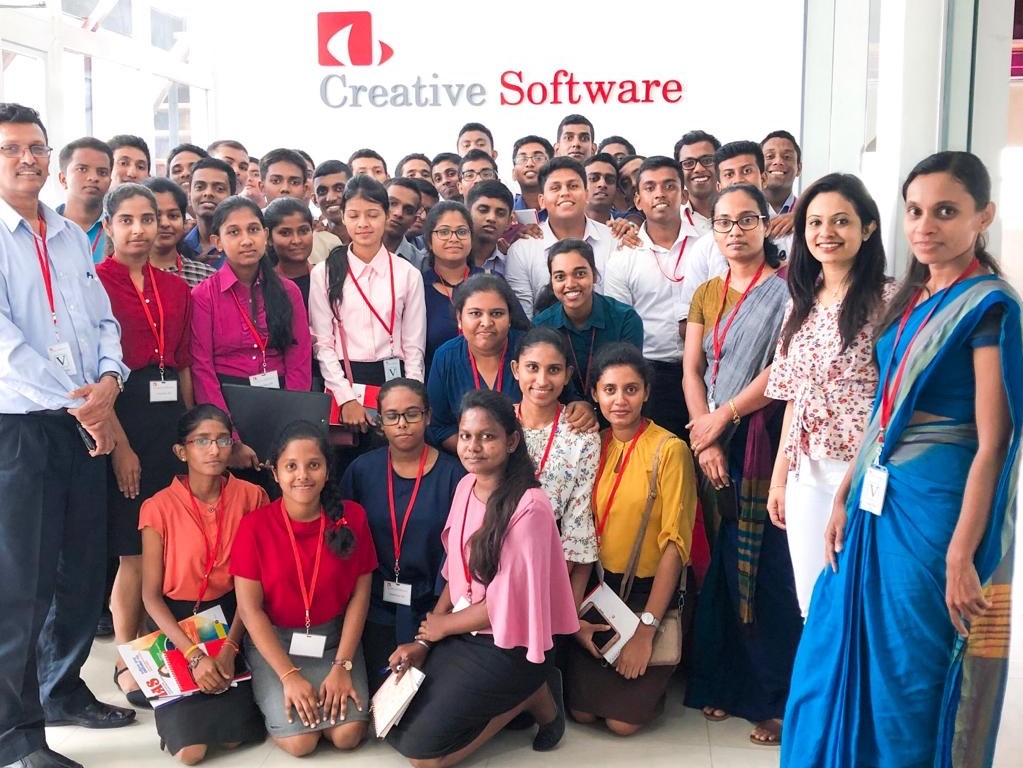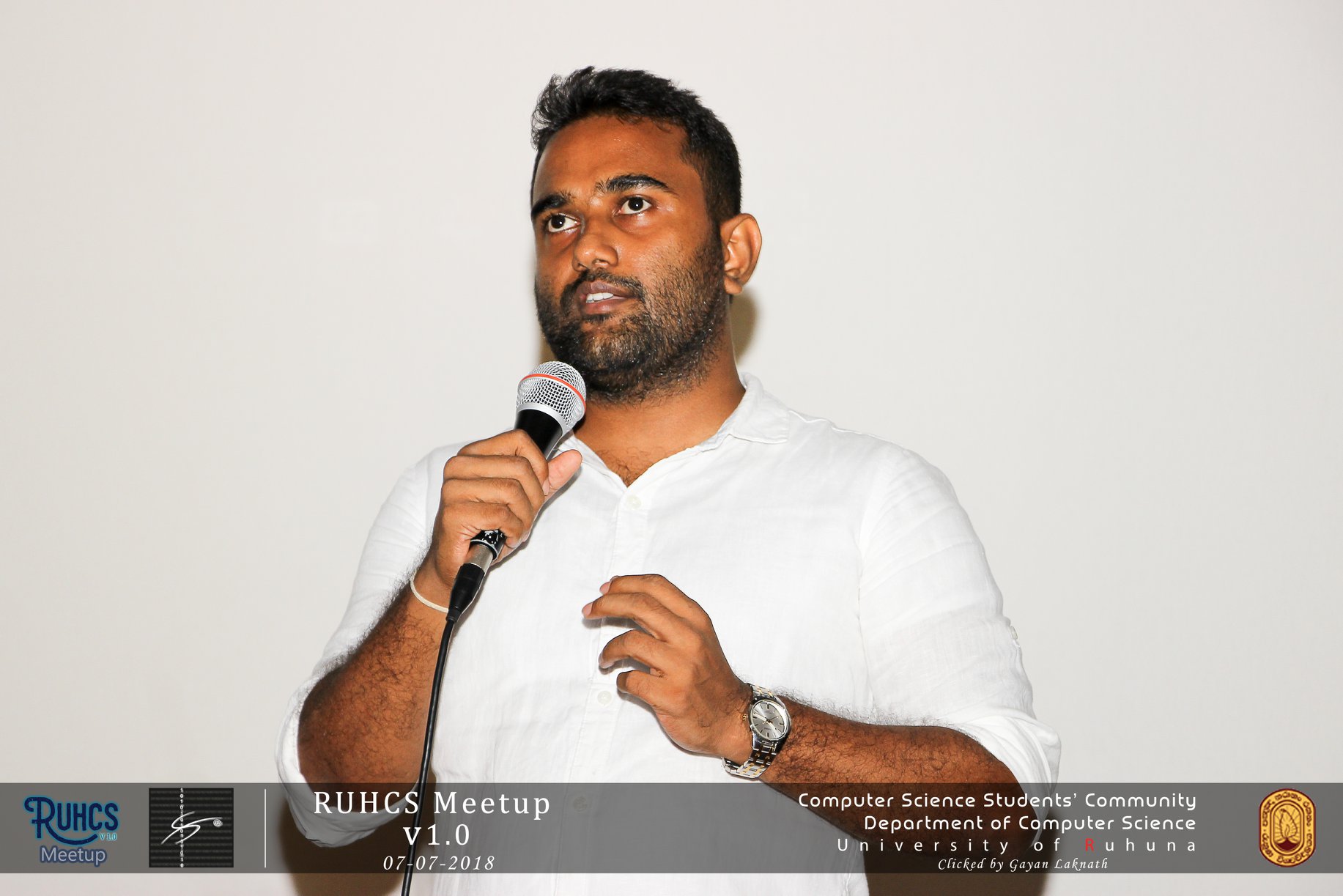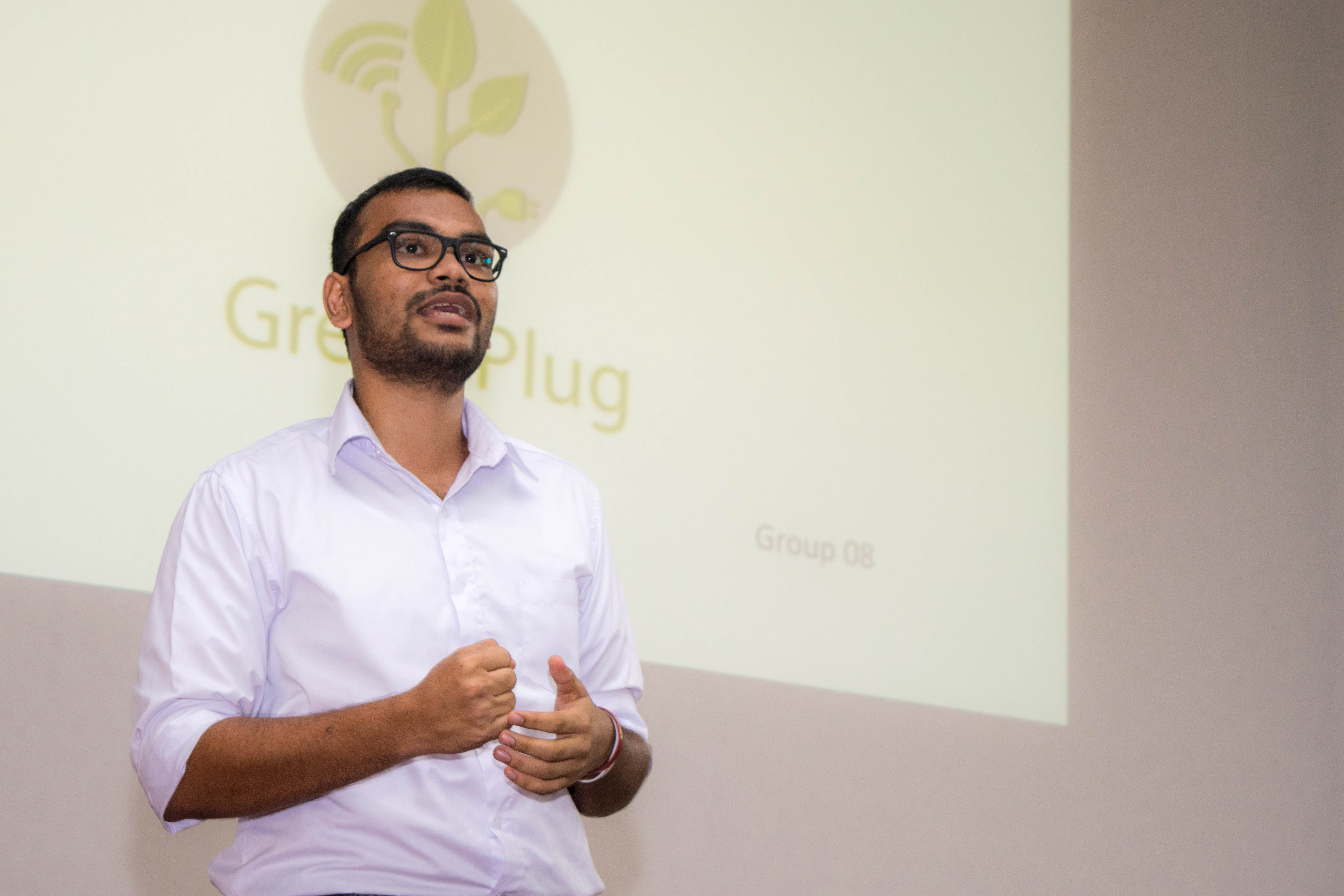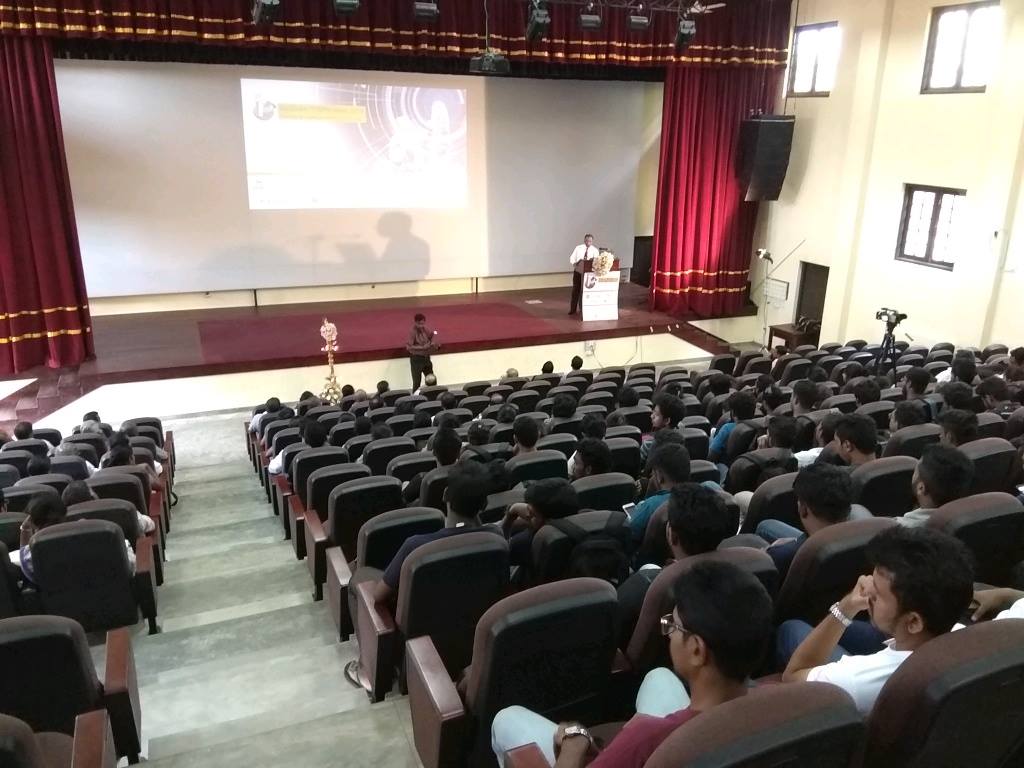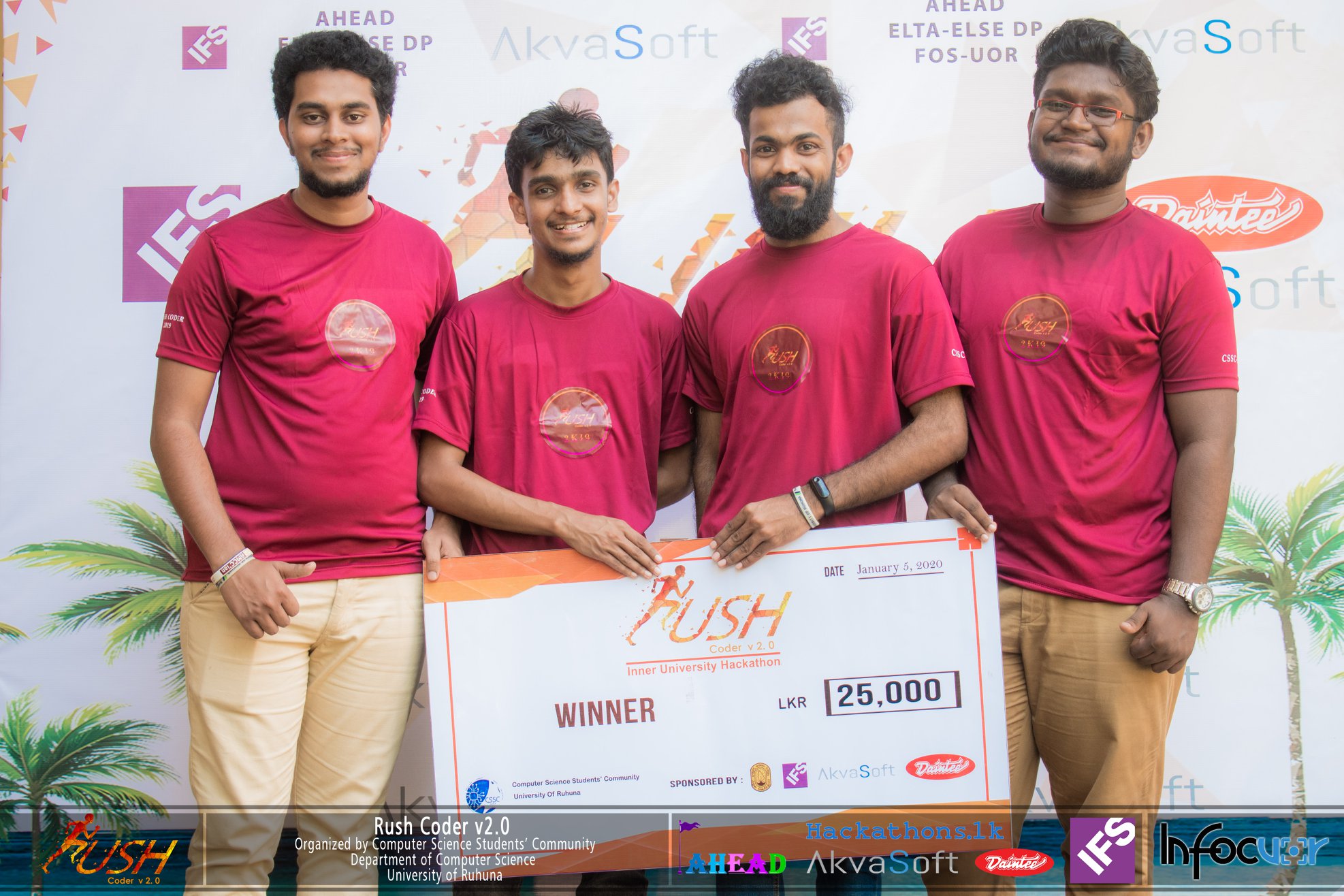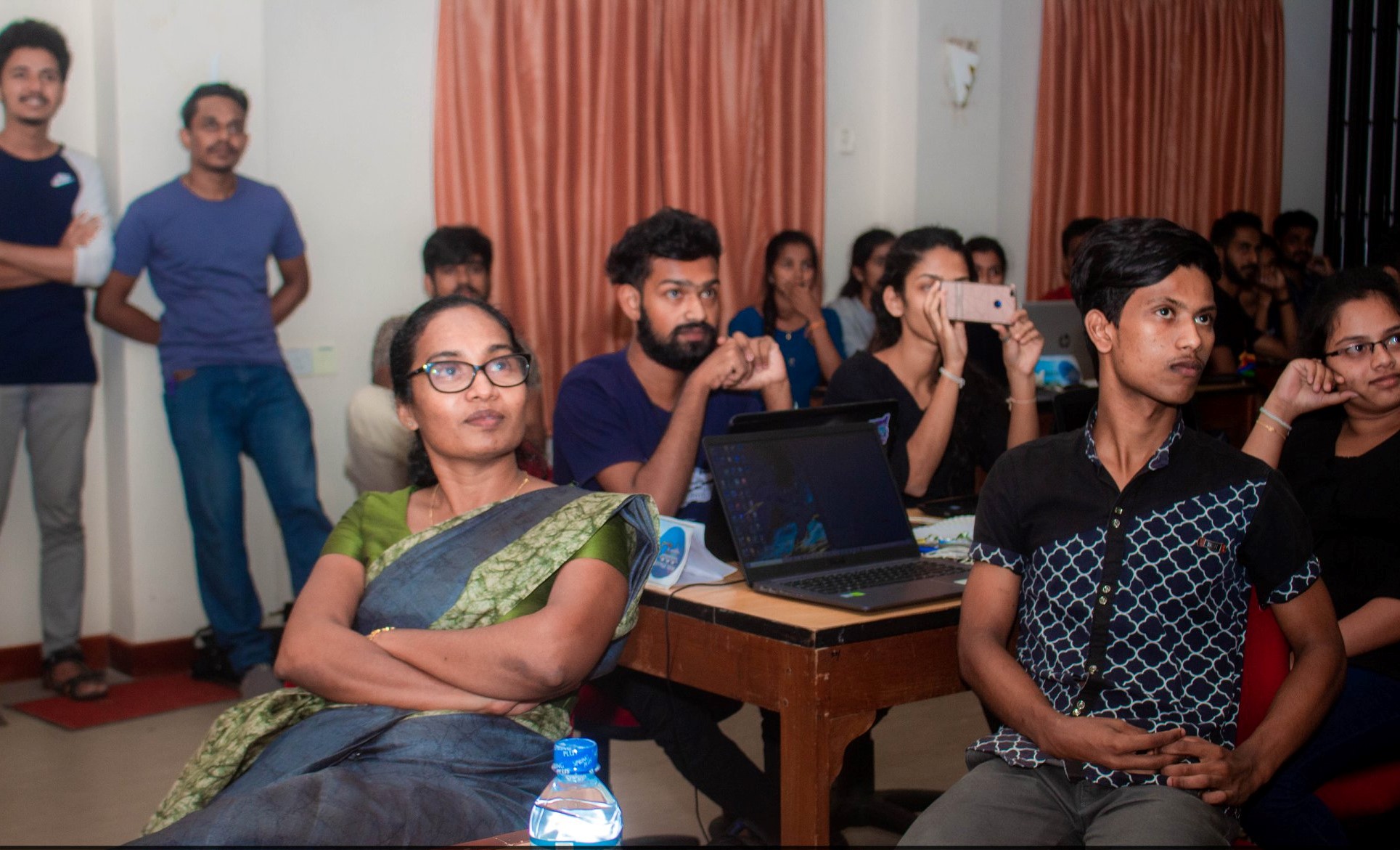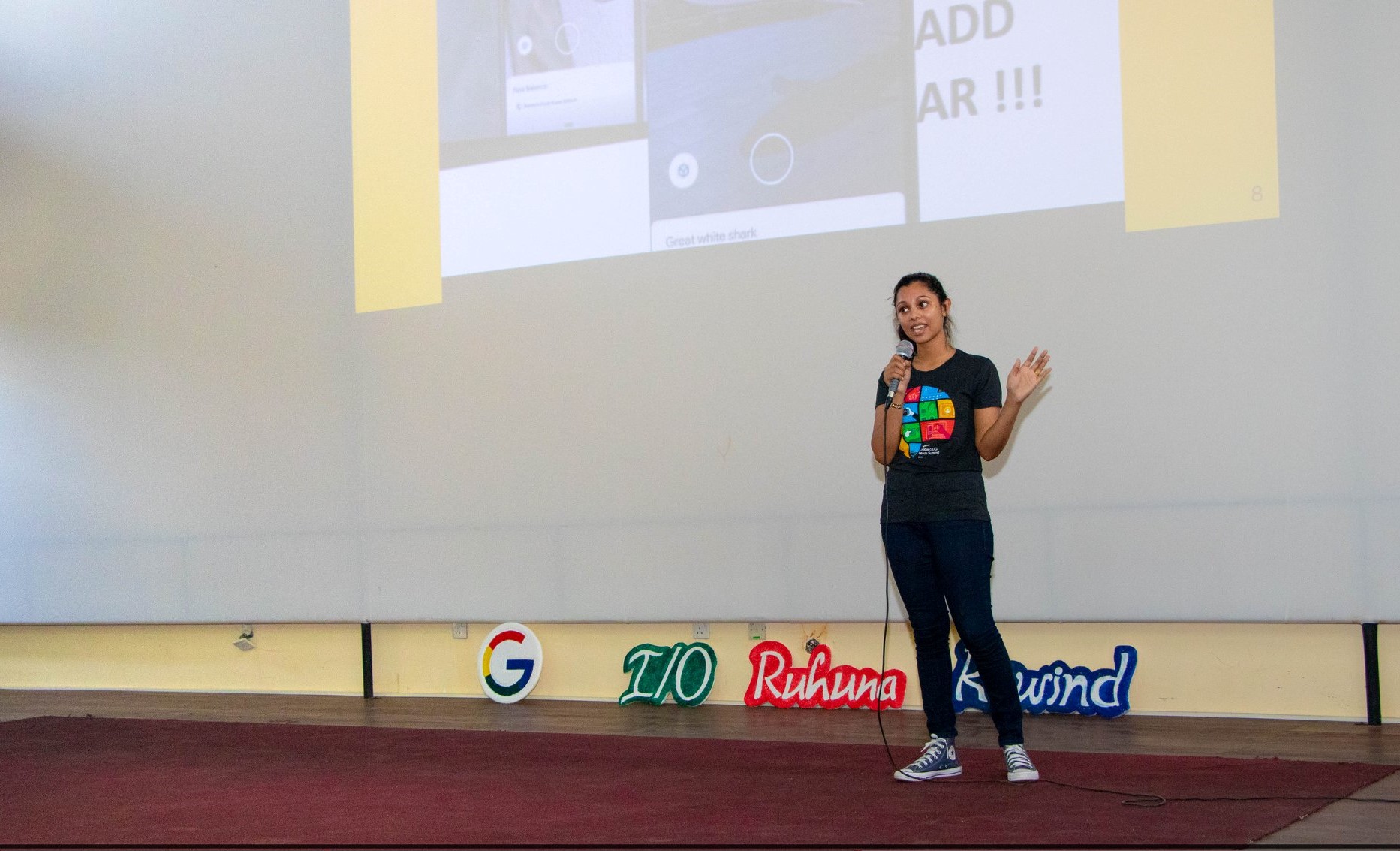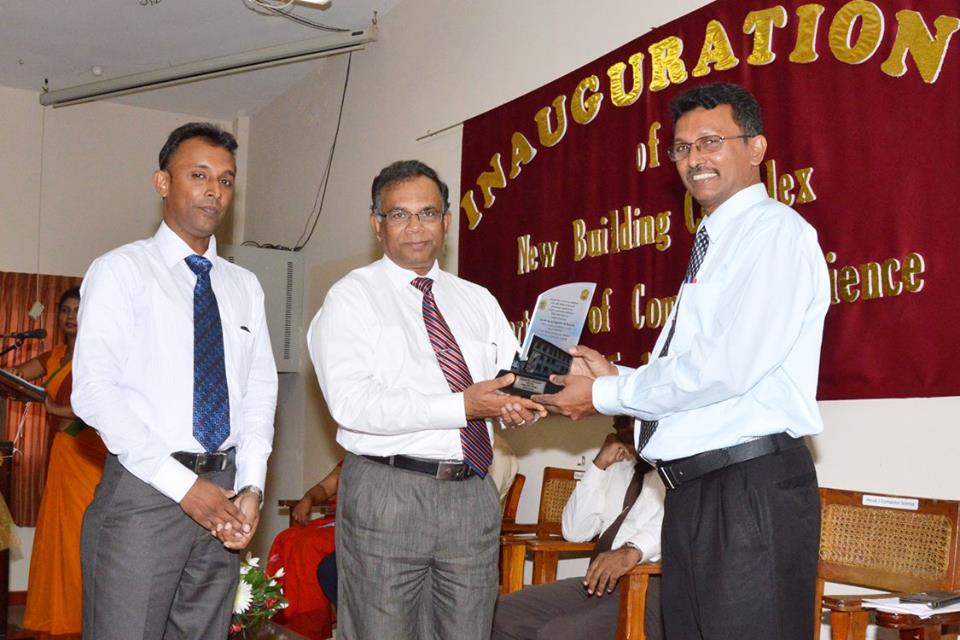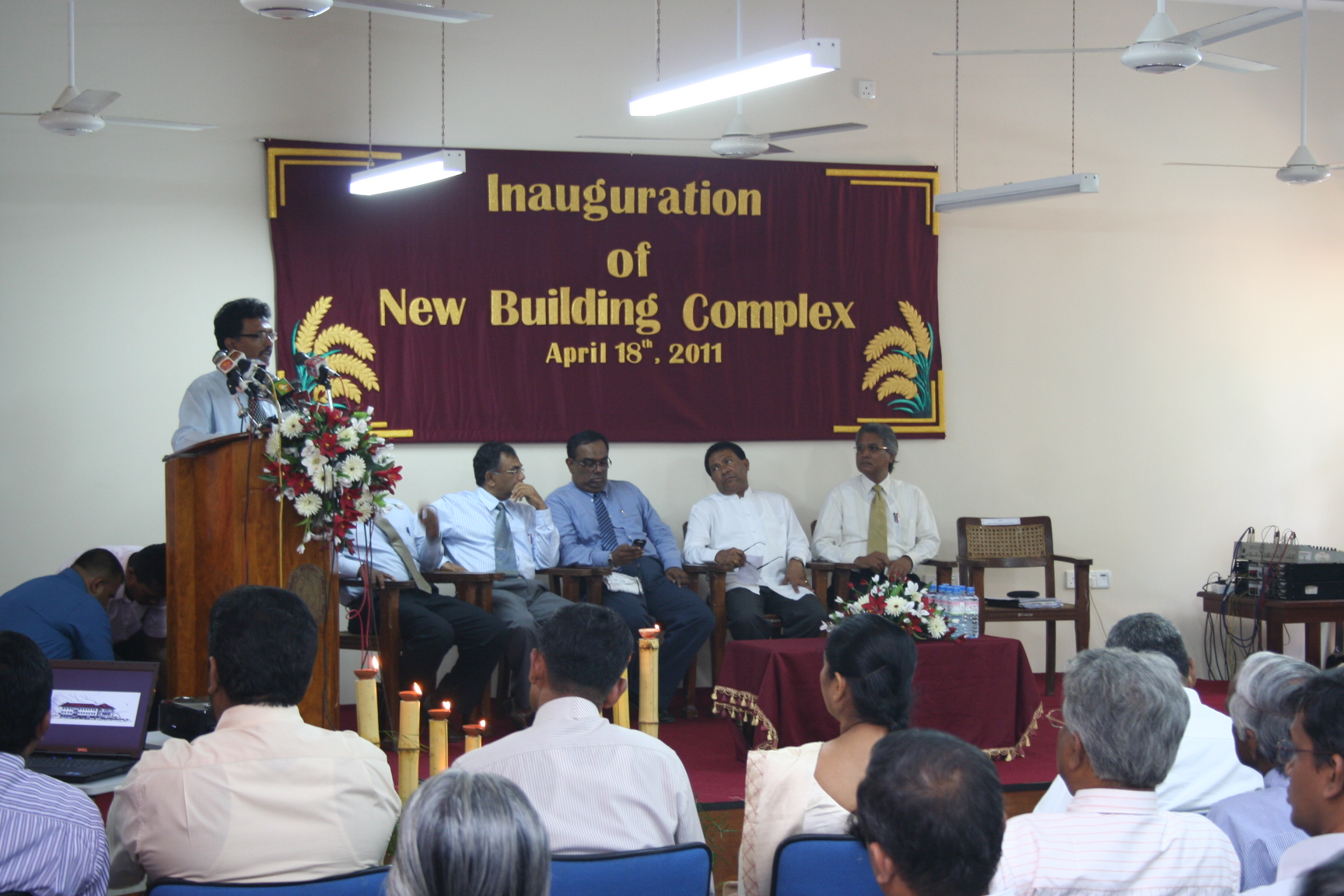CSC4046 :Individual Research project (Core)
This course provides an opportunity for the students to work as an individual to produce a system. The students will carry out an individual project and submit a dissertation. The students will also make a presentation of the project and face for a viva.
Evaluation Method: Defend the Project Proposal 10%, Interim progress report
15%, Publication 15%, Final report/presentation 60%
CSC4112 :Research Seminar (Core)
Research Seminar introduces the process of academic research and allows the students to open their mind to problem-solving strategies based upon formal inquiry and the detailed research of others. It will also include participating in discussions and giving presentations.
CSC4122 :Research Methodology (Core)
This course will provide an opportunity for students to advance their understanding of research through critical exploration of research language, ethics, and approaches, Introduction, Scientific Research, Reading and recording, Critiquing research papers, Mind mapping and Concept Mapping, Planning and conducting research, The research process, Types of computing research , Computing research methods , Ethics and plagiarism, Research ethics, Minnesota ethics guidelines , Plagiarism , Data collection and analysis, Communicating research findings, Simple Latex for Academic Writing , Citation styles, Citation style guides, Planning and delivering oral presentations , Presentation Tips
CSC4133 :Neural Networks (30 lecture hrs) (Core)
Introduction to Artificial Neural Networks, Multi-Layer Perceptrons, Back-Propagation Algorithm, ANNs using Tools, Pre-Processing Techniques, Feature Extraction & Selection algorithms, Naïve Bayes Learning and Bayesian Belief Learning Models, Unsupervised Learning Methods, Learning Vector Quantization Methods, Self-Organizing and Neural Gas Algorithms, Hierarchical Learning Models, Combining Multiple Classifier Models, Measuring Classifier Performance.
CSC4152 :Enterprise Modelling (30 lecture hrs) (Core)
Dierent Perspectives of En-
terprise Modeling: Goal Modeling, Business Rules Modeling, Process Modeling, Business
Modeling. Developing Goal Models, Business Rule Models and Business Models. Business
work
ow Modeling with Event Driven Process Chains (EPC), Work
ow analysis with Petri
nets. State of the art developments in Enterprise Modeling, Latest Research Trends, and
Modeling Approaches.
Evaluation Method: End Semester Examination
CSC4162 :Data Mining for Business Imtelligence (30 lecture hrs) (Core)
Introduction, Introduction to data mining, Introduction and overview to the Business Intelligence, the need of Business Intelligence, Business intelligence solutions, Data, Quality of data, Supervised learning and unsupervised learning.
CSC4172 :High Performance Computing (30 lecture hrs) (Core)
Introduction to High Performance Computing, Performance Analysis, Serial performance optimization, Parallel Algorithm design methodologies, Parallel Programming Models, Programming with Distributed Memory, MPI, Programming with Shared Memory, OpenMP, Load balancing and Data Partitioning, Grids and Clouds, GPU computing
CSC4182 :Bioinformatics (30 lecture hrs) (Core)
Introduction to Bioinformatics, Archives
and Information Retrieval, Pairwise sequence Alignments: Dot Plots, Simple Alignments.
The Needleman and Wunsch Algorithm, BLAST algorithm, FASTA algorithm, Multiple
sequence alignments: Introduction to multiple sequence alignments, Greedy approach, Star
alignment approach and ClustalW algorithm, Hidden Markov models, Phylogenetic Trees:
Introducing distance measures and distance based phylogenetic tree building algorithms
UPGMA, NJ, introducing character-based measures and character based phylogenetic tree
building algorithms: maximum parsimony and maximum likelihood. Protein and RNA
Structure Prediction: Secondary Structure, Tertiary and Quaternary Structure, Tools for
Modeling Protein Folding, Introduction to drug discovery and ligand docking algorithms,
micro array data analysis.
Evaluation Method : Continuous Assessment : 30% and End Semester Exami-
nation 70%

